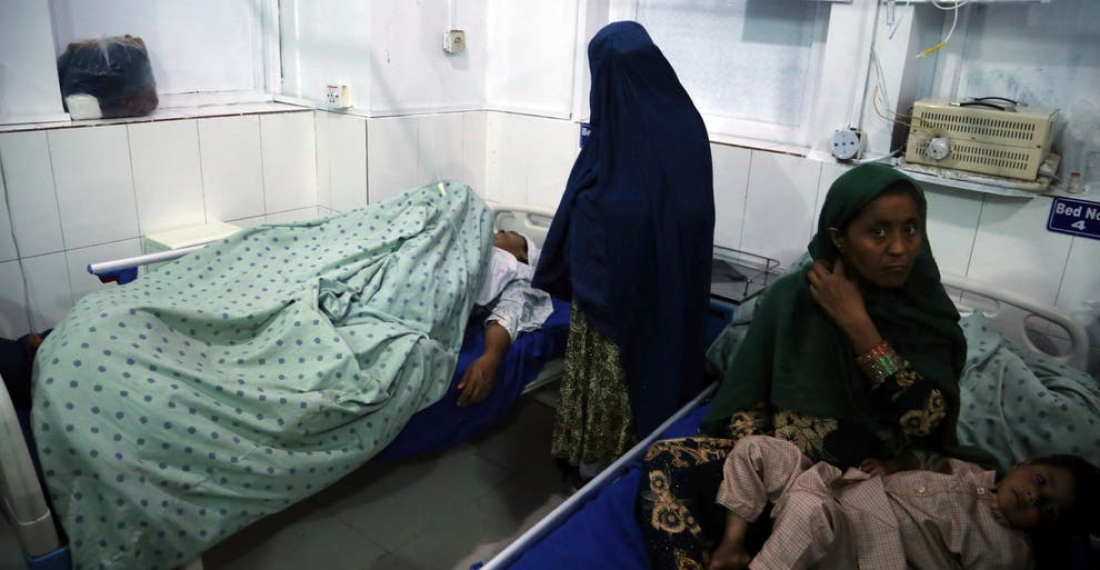"The Islamic State" terrorist group (ISIS) has claimed responsibility for an attack that killed three female media workers in eastern Afghanistan on Tuesday evening.
ISIS said its fighters had targeted the three female employees of a television station in the eastern city of Jalalabad, according to SITE Intelligence group, cited by Reuters news agency.
Three women who worked for Enikas TV aged between 18 and 20 had died and a fourth was critically injured after being shot on their way home from work, Afghan officials have said.
The three women dubbed dramas from Turkey and India into Afghanistan’s local languages of Dari and Pashtu, the news editor of the privately-owned station Shokrullah Pasoon was quoted as saying by Al Jazeera news channel
Afghanistan President Ashraf Ghani condemned the killings and said “attacks on innocent compatriots, especially women, are contrary to the teachings of Islam, Afghan culture and the spirit of peace”.







